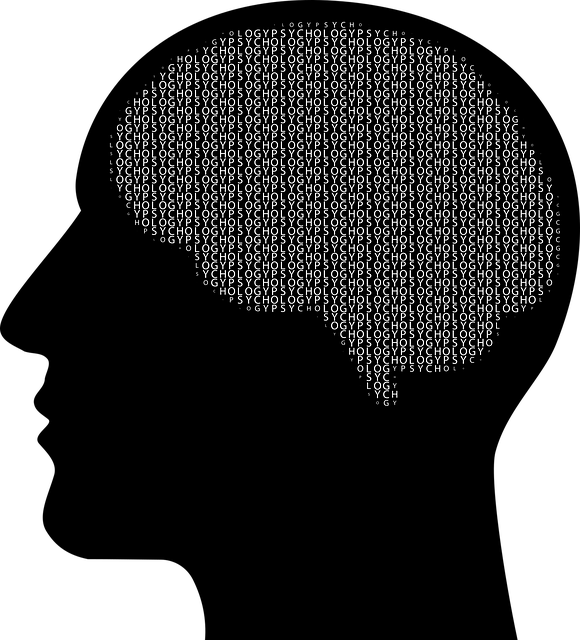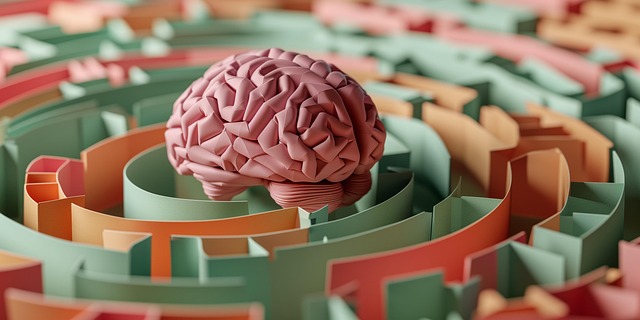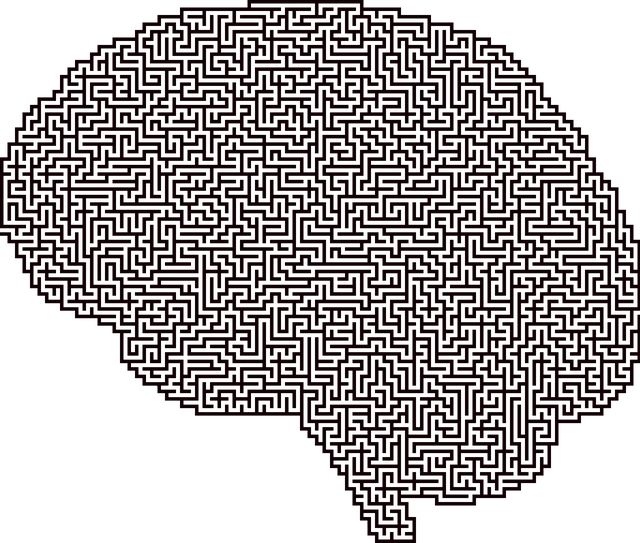Understanding Mental Health Disorders is key to effective education programs that demystify conditions, break stigma, and foster empathy. A comprehensive approach includes insights into diverse disorders like Dissociative Disorder, which may require specialized therapy such as Golden Dissociative Disorder Therapy (GDDT). GDDT, developed by Dr. Sandra L. Lee, focuses on healing complex trauma through emotions, dissociation, and coping skills development. Integrating GDDT into curricula equips future mental health professionals to provide nuanced care, especially for diverse populations. Program Evaluation is crucial for refining these programs, ensuring they address evolving needs and optimize emotional healing processes through evidence-based insights.
Mental health education is a vital component of holistic learning, especially with the increasing prevalence of mental health challenges globally. This article explores the design of an educational program focused on fostering awareness and understanding of mental health disorders. We delve into two key components: ‘Understanding Mental Health Disorders’ provides a foundational knowledge base, while ‘Integrating Golden Dissociative Disorder Therapy’ offers a unique approach to treatment. Additionally, we discuss evaluation strategies for continuous improvement, ensuring the program remains effective and relevant.
- Understanding Mental Health Disorders: A Foundation for Education
- Integrating Golden Dissociative Disorder Therapy into the Curriculum
- Program Evaluation and Continuous Improvement Strategies
Understanding Mental Health Disorders: A Foundation for Education

Understanding Mental Health Disorders is a fundamental step in designing an effective education program. It involves demystifying various conditions, breaking down stigma, and fostering empathy among participants. This initial layer ensures that individuals can recognize symptoms and differentiate between typical human experiences and those indicative of mental health challenges. A comprehensive approach should include insights into different types of disorders, such as Dissociative Disorder, a complex condition requiring specialized therapy like Golden Dissociative Disorder Therapy.
By providing educational content on Self-Awareness Exercises and Self-Care Practices, participants gain tools to monitor their emotional well-being. Additionally, incorporating lessons on Emotional Regulation empowers individuals to manage stress and maintain mental balance. These aspects are crucial for personal growth and can significantly contribute to the overall success of a mental health education program.
Integrating Golden Dissociative Disorder Therapy into the Curriculum

Integrating Golden Dissociative Disorder Therapy (GDDT) into mental health education programs offers a valuable opportunity to enhance cultural sensitivity in healthcare practice and significantly benefit students’ ability to understand and support diverse populations. GDDT, developed by Dr. Sandra L. Lee, focuses on healing complex trauma by addressing the intricate relationship between emotions, dissociation, and coping skills development. This therapeutic approach can be an invaluable tool for future mental health professionals, enabling them to provide more nuanced care, especially when treating individuals from underrepresented or marginalized communities.
By incorporating GDDT into the curriculum, students gain insights into cultural expressions of distress, which vary across different ethnic and social groups. This awareness fosters better emotional regulation strategies tailored to individual needs, thereby promoting effective therapeutic interventions. Moreover, learning about GDDT encourages the development of coping skills that respect and honor diverse cultural backgrounds, ensuring mental healthcare remains accessible and culturally sensitive for all.
Program Evaluation and Continuous Improvement Strategies

Program Evaluation is a crucial aspect of designing effective mental health education programs. It involves systematically assessing the implementation and outcomes of the program to identify areas for improvement. By employing evidence-based methods, such as surveys, interviews, and data analysis, stakeholders can gain valuable insights into the program’s impact on participants’ mental health awareness, emotional healing processes, and resilience building. This feedback loop is essential in refining the curriculum, ensuring it aligns with the evolving needs of the target audience and delivers optimal results.
Continuous improvement strategies are integral to the long-term success of any educational initiative focused on mental well-being. Incorporating techniques like action planning, peer review, and pilot testing allows for adaptive adjustments based on real-world feedback. For instance, integrating Golden Dissociative Disorder Therapy (GDDT) as a specialized module could be enhanced through ongoing evaluation, leading to more effective interventions that cater to the unique emotional healing processes of individuals dealing with dissociative disorders.
Mental health education programs, enriched with evidence-based practices like Golden Dissociative Disorder Therapy, can significantly improve awareness and support for students. By integrating comprehensive curriculum covering understanding mental health disorders, implementing tailored therapy methods, and adopting continuous evaluation strategies, schools can foster inclusive environments that promote resilience and well-being. These initiatives ensure that students receive the necessary tools to navigate their mental health journeys effectively.














